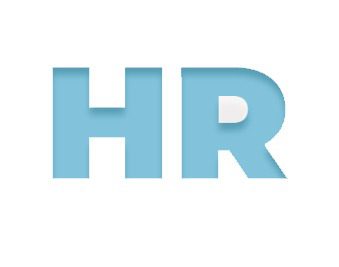What is the best type of HR software for small businesses? — Short answer:
For small businesses, an HRIS (Human Resources Information System) is often the best fit. It provides a solid foundation for managing core HR tasks like employee data and , performance, Check that you can upgrade with other modules when your business grows.
Define your needs: Start by identifying your company’s specific HR challenges and goals. What processes do you need to automate? What pain points do you have that can be solved? What features are essential? — Short answer:
Research vendors: Look for vendors that specialize in businesses of your size and requirements. If your sector has special requirements (e.g. Higher Education, Public Sector) these are non-negotiables.
Request demos: Schedule planned demonstrations with a shortlist of vendors to see the software in action on selected detailed scenarios. Use score sheets.
Consider other factors, particularly support, scalability and age of the software you are favouring. Some relevant user references can be useful
(Refer to our downloadable ‘Successful HR Software Selection’ in the HRSF Resources section.)
How do I choose the right HR software for my company? — Short answer:
Choosing the right software requires a systematic approach
Are there extra costs like implementation or training? — Short answer:
Yes, there are additional costs to consider beyond the subscription fee.
These can include:
The project costs from the vendor setting up the system, migrating data, configuring to your rules, testing and finalising implementation. If your data is incomplete or inaccurate, or you haven’t made full preparation, these can overrun.
The cost of hiring your own project manager to handle the implementation from your side
Training fees for your HR team and employees on how to use the new software.
Additional fees arising from specific integrations or customised features. Always expensive, you should ask for a detailed breakdown of all potential costs.
What is the return on investment (ROI) for HR tech? — Short answer:
The ROI for HR tech can be measured in both direct and indirect ways.
Direct ROI: Includes cost savings from automation of administration, fewer manual workarounds and errors, and time saving from faster per transaction times.
Indirect ROI: Includes benefits like increased employee productivity, and better data availability for management.
You can calculate ROI by comparing the total cost of the system (including implementation) to the estimated financial benefits.
(Refer to our downloadable ‘Business Case for New Software’ in the Resources section)
If you need more information or a free comparison guide, contact us at info@hrsoftwarefinder.com

